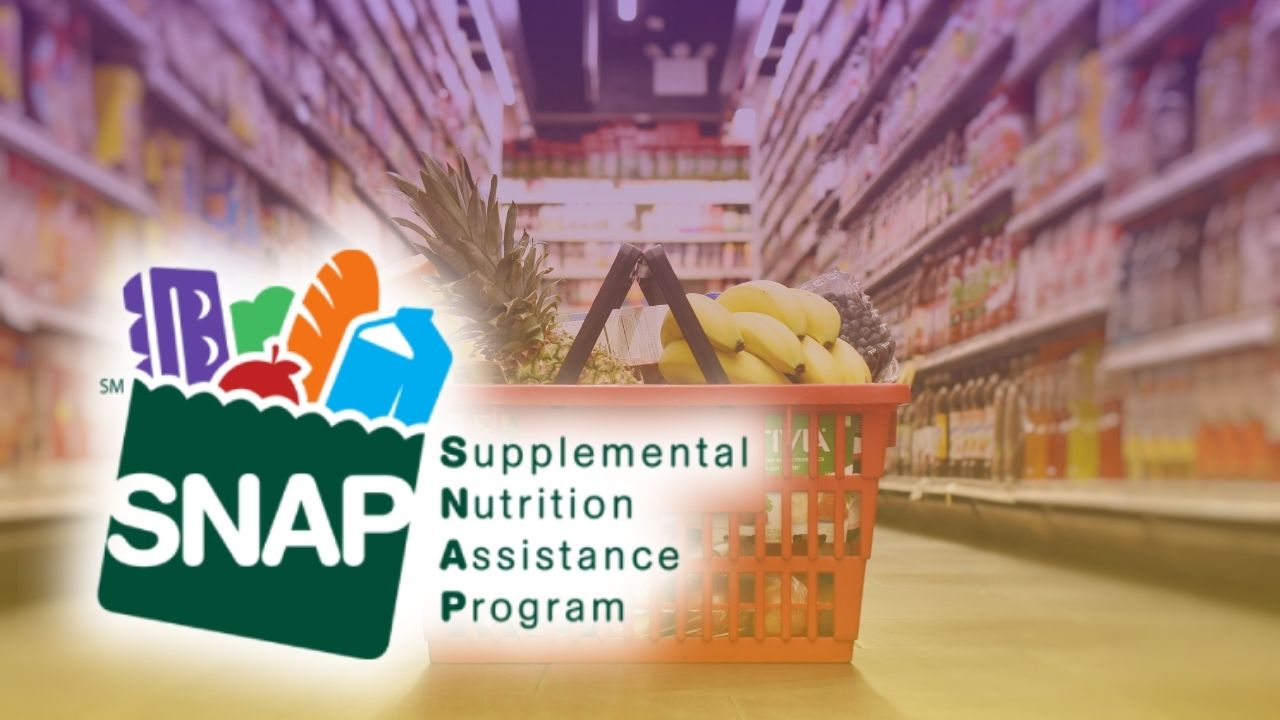The United States Department of Agriculture (USDA) has confirmed that new work requirements for Supplemental Nutrition Assistance Program (SNAP) recipients will take effect nationwide on November 12, 2025.
This marks one of the most significant shifts in the country’s food assistance policy in recent years. The rule aims to expand participation in work or training among able-bodied adults, but it could also reduce access to benefits for thousands who fail to meet the new criteria.
The change applies primarily to able-bodied adults without dependents (ABAWDs), a category of SNAP participants aged roughly 18 to 54 who are physically capable of work and do not have children under their care.
Table of Contents
What the New USDA Rule Requires
Under the new policy, ABAWDs must now work or participate in a qualifying training program for at least 80 hours per month to continue receiving full SNAP benefits. The rule clarifies that the requirement can be fulfilled through:
- Regular employment
- Participation in a workforce training or education program
- A combination of both
Failure to meet these conditions for three consecutive months could result in suspension of benefits for an extended period, unless the individual qualifies for an exemption.
Who Is Exempt from the Work Rule
The USDA has listed several exemptions to ensure that vulnerable groups are protected. Individuals may remain eligible without fulfilling work hours if they fall into one of the following categories:
- Pregnant individuals
- Persons with a verified physical or mental health limitation
- Those caring for a child under a specific age or a dependent adult
- Older adults who have aged out of the ABAWD group
- People already engaged in certain programs such as TANF or disability assistance
The age limit for mandatory participation is being phased up to 54 years, a move that expands the pool of individuals subject to the requirement compared to previous years.
Implementation Across States
Each U.S. state is required to update its SNAP administration system and notify recipients before the rule becomes active. States will also have to track and report compliance with monthly work requirements, creating new administrative challenges.
Officials in several states have raised concerns that the new verification process could delay benefit renewals and cause temporary loss of assistance for eligible households who miss paperwork deadlines or lack internet access. To address these issues, the USDA has said that it will provide technical guidance and transitional support during the rollout.
Potential Impact on Food Security
The SNAP program currently serves over 41 million low-income Americans each month. While supporters argue that the updated rule promotes independence and helps people move toward stable employment, advocates for low-income communities warn that the change could increase food insecurity, especially in rural or high-unemployment areas.
Experts note that not all communities have adequate access to training programs or consistent job opportunities, meaning some recipients may lose aid simply because suitable work options are not available in their region.
Economists suggest that the real test will be in state-level execution, whether local job markets can absorb the affected population and whether states can process exemptions efficiently to prevent wrongful denials.
A Closer Look: Key Dates and Eligibility
| Category | Details |
|---|---|
| Effective Date | November 12, 2025 |
| Applies To | Able-Bodied Adults Without Dependents (ABAWDs), generally aged 18–54 |
| Requirement | 80 hours/month of work, training, or a mix of both |
| Grace Period | Up to 3 months of non-compliance allowed before suspension |
| Exemptions | Pregnancy, disability, caregiving, age, and certain other federal program participants |
| Administered By | USDA’s Food and Nutrition Service (FNS) in partnership with state agencies |
Why the USDA Says the Change Is Necessary
According to the USDA, the policy aligns with long-term goals of encouraging workforce participation and reducing reliance on federal aid among those who are able to work. Officials believe that structured engagement in employment or training can promote economic mobility and reduce poverty dependency over time.
In a public statement, the department said the rule “modernizes SNAP to reflect today’s labor market and supports pathways to meaningful employment.”
However, advocacy organizations argue that the timing is problematic, citing inflation, housing costs, and stagnant wages as ongoing barriers to self-sufficiency. They warn that the new requirement could remove essential food support from those struggling to re-enter the workforce.
What Recipients Should Do Now
With the November 12 rollout approaching, current and potential SNAP beneficiaries are advised to:
- Check their eligibility status — especially if they are single adults aged 18–54.
- Enroll in a local work or training program approved by their state SNAP office.
- Document their work hours carefully to avoid interruptions in benefits.
- Contact their local SNAP office for guidance on exemptions or transitional support.
Advocates recommend acting early to ensure uninterrupted access to food assistance, as the verification process could become more rigorous under the new system.
The nationwide enforcement of SNAP work requirements marks a turning point in U.S. welfare policy, balancing workforce participation with essential food support. While the USDA frames it as a path to independence, critics warn it could leave some of the most vulnerable without assistance.
For millions of low-income adults relying on SNAP, the coming months will be critical. Understanding the rule, knowing the exemptions, and preparing in advance may determine whether they continue receiving support or face disruptions just before the holiday season.
Fact Check on New Rule Implementation
We dived deep to check this and found that the new work requirement was implemented on November 1. We have cross-checked the fact with the official sources as well.
🚨 Fact Check: No, USDA SNAP work requirements aren’t starting Nov 12. The real enforcement date is Nov 1, 2025, for stricter ABAWD rules under the OBBBA. Don’t fall for misinformation—check official sources. #SNAP #FactCheck
Source: https://t.co/SEVBXlIzOE
— IMPEKA INSIGHTS (@impekainsights) November 11, 2025




